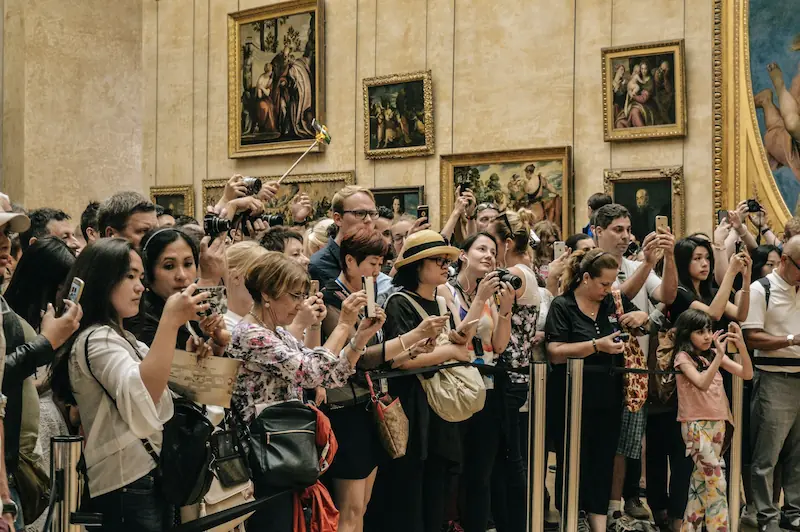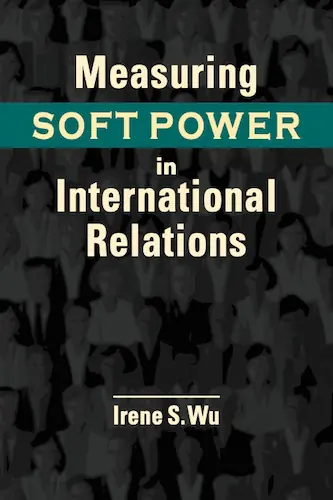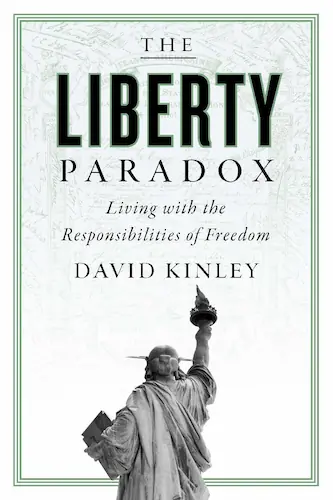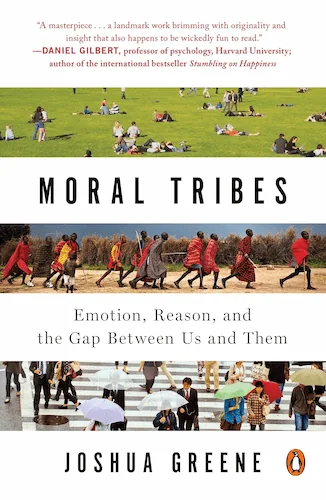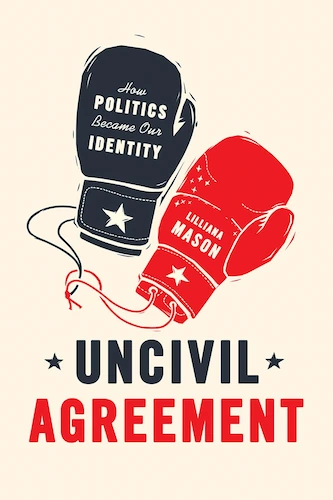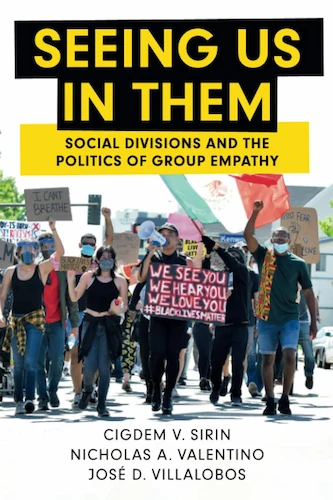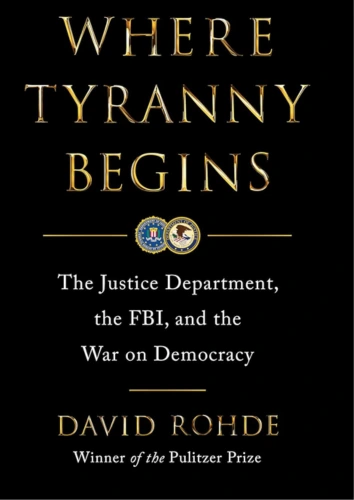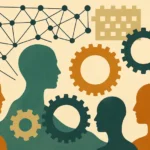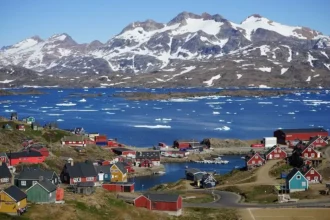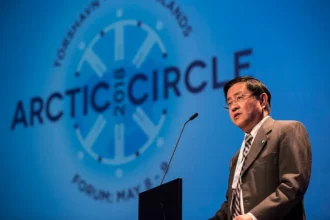Soft power is a country’s ability to persuade, rather than coerce, other countries to adopt its point of view. It rests on the relationships that people in that country have with people in the rest of the world.
How do you know about other countries? Have you met someone from there? Or maybe you have visited that place. Perhaps you have family or friends in other countries.
When I was a child, I had classmates from Korea. I learned from their parents not to trust Japanese brands, but later my friends bought Sony Walkmans anyway.
I had a friend who was Persian. At Ramadan, she told us she was trying to fast that year, but her parents told her she did not need to on the day we were going to a math competition. Later, I learned Persia was Iran.
I had friends from Vietnam. When I grew up, I realized they were refugees from American War with Vietnam.
The more a country is open to people, open for business, open for learning, the greater the power.
I had teachers from Cuba, they taught us Spanish and to love Enrique Iglesias. Later I understood they fled Fidel Castro’s revolution.
I had a teacher from Dresden, East Germany, who told us how her city was terribly bombed in World War II. She must have escaped communism.
My Jewish classmates had to go to school on the weekend to learn Hebrew. I felt solidarity with them, because I also had to go to Chinese school on Saturdays.
This was not in New York City or big West Coast metropolis in the US, but a small city in the American South. It is a typical American experience.
Big Changes
Lately, soft power has been in the news because of big changes in US foreign policy. Some of its guiding ideas have been set aside, its policy agencies closed down, and civil society organizations more constrained.
Respect for human rights as a foreign policy goal, in the past often as honored in the breach as on the pedestal, for now, takes a back seat. Some government offices that supported it in the federal government and government-funded organizations like the National Endowment for Democracy, the US Institute of Peace, and the Wilson Center for International Scholars, have been closed.
American foreign aid agencies have been gutted. The US Agency for International Development, a legacy of President Kennedy, is closed. Stalwarts of the Cold War, the Voice of America, Radio Free Asia, Radio Free Europe, are now silent.
The usual channels for foreigners to experience the US are narrowing. There are more barriers to immigrating. There is pressure against foreign students at universities. There are more fees for visitors who want to travel to the US, even for the Olympics and the World Cup. There are tariffs on the American movie industry, more of a saddle than a support.
Multilateral approaches are set aside in favor of bilateral negotiations. In a multilateral context, there is a more efficient negotiation that moves a whole region or the whole world to the next level. However, bilaterally, the US almost always has a stronger negotiating position.
People express fear about these changes. First, the people who were supported by the aid will be hurt. Second, public opinion of the US will decline in other countries, and lead to an overall weakening of American soft power. Third, some think the shrinking of American influence leaves a vacuum that could be filled by China or Europe or India.
So far the reporting shows that former recipients of US aid are now suffering without it. There is a decline in foreign public opinion about the US. Particularly, Canadians have reduced travel, business, and other ties with Americans.
Others are relieved to see these changes. First, some think the US overreaches. Negotiating things that really matter to the US is more appropriate than trumpeting ideals and then falling short. Second, for those who see the US as a difficult, imperial power, these changes are clarifying. It is easier to see the real US without the trappings of aid and economic development support it hides behind.
The Nature of Soft Power
There is evidence for what supports a country’s soft power. Movies and popular culture create an American brand, one that has been especially important from the Cold War to today. Effective foreign aid raises the US in public opinion; the PEPFAR program which made HIV treatment more available in Africa shows this.
Soft power is like social capital among countries.
International education which gives foreigners and Americans structured opportunities to live and work together, also produce soft power relationships. Similarly, international travel also creates opportunities for people to interact. Foreigners are no longer abstractions on the news; that is Keiko from Osaka who served the fantastic sushi, or Glorimar who gave directions to the best beach on the island. Immigration also ties countries together. Families learn what another country is really like from their relatives and friends who live there, an authentic view unmediated by other parties.
Does trade support a country’s soft power? To the extent that trade brings people together, it does enhance views of the other country. If it is just a foreign product brand, sold by locals to other locals, less so. However, the more soft power a country has – in other words, the more that is well-liked by people in other countries – the more international trade it attracts. Being friendly is also profitable.
Government policies and actions influence a country’s soft power growth, or decline, but the foundation of soft power is civil society, in the relationships that the people of one country have with people in other countries. It is a long game, not a short one. We will have to see whether the recent changes in US foreign policy ultimately isolate Americans from the rest of the world, or if people will continue to build their friendships and ties, like water finding its level.
How Will We Know?
The Soft Power Rubric is a way to measure the soft power relationships between countries. In its basic form, it includes data on the number of immigrants, international students, and international visitors. Usually, the more foreigners come into a country, the greater the country’s soft power relationships. The more a country is open to people, open for business, open for learning, the greater the power.
According to the Soft Power Rubric, from 1960 to 2020, the US is ranked the number one soft power super power in the world. This is mainly because the US is the country with the most immigrants and international students in the world, and because these immigrants and students come from all parts of the world.
From 1960 to 1990, France and Great Britain are always among the top five soft power leaders. Some decades Canada, Italy, Switzerland, or Russia are also among the top countries.
Explore Books Written by Our Contributors
From 2000 to 2020, France, Great Britain, and now Germany are always among the top five, along with the US. France leads in the number of foreign visitors. Great Britain leads in the number of foreign students. Germany leads in both immigrants and foreign students.
China in 2020 ranks 16th. Its greatest soft power resource is attracting foreign visitors. This is big rise over several decades; as recently as 1980 the country was closed to most foreigners.
From the perspective of the Soft Power Rubric, if there is a decline in US soft power, the most likely beneficiaries are the other soft power leaders – France, Great Britain, and Germany. Regionally, other countries that are the most open to immigrants, foreign students and foreign visitors will benefit; in the Americas, Canada; Eastern Europe and Middle East, Turkey and the United Arab Emirates; in Africa, South Africa; in East Asia, Japan and Australia.
Just as it is possible to look at the composition of a country’s international trade, it is also possible to look at the composition of a country’s soft power relationships. In 2024, for US soft power relationships, 16% with Mexico, mainly immigrants and visitors; 13% with India, mainly students and immigrants; 11% with Canada, mostly visitors; and 11% with China, mostly students. 51% of the US soft power relationships with the world are with these four countries.
Data for the Soft Power Rubric take time to collect. Accurate reporting requires about two years between the close of a calendar year and the publication of data by international organizations. In time we will see how much US government policy changes affect the actual flow of foreigners to the US, and Americans abroad.
Why Does This Matter? What Can You Do?
In the news media and many opinion columns there has been a lot of concern that US soft power and the soft power of wealthy countries will decline as tight government budgets and growing military spending lead to cuts in development and humanitarian aid. In the case of the US, many think that its foreign policy approach that uses threats as a normal negotiating tactic and accepts a high threshold of conflict among allies and friends may undermine American soft power influence in the international system.
However, soft power is not driven primarily by government policy and supported by government aid. Instead, the basis of soft power is the relationship that people have with other people in other countries. What is necessary to foster soft power is
protecting those relationships and the communication channels that support them. This rests in the hands of civil society primarily – including ordinary people, community organizations, businesses, schools, cultural centers, sports leagues, and religious houses.
Having soft power really counts when there is a crisis and a country wants to persuade other countries to help, even though helping may cost something for those other countries. Political scientists call these situations collective action problems. Under what conditions do people come together to work for a common goal, even when this might call for some to sacrifice – of time, money, or other resources?
- First, it helps to trust each other. Trust is easy when we have something in common – we all support the same sport team, or come from the same town. But, trust is also possible among strangers, said Nobel Prize winner Elinor Ostrom. She showed that if strangers had the opportunity to work together and reciprocate help and support, over time, they can build enough trust to work together. She observed this in the laboratory, running experiments with people; and in the field, observing how people successfully shared water and land, setting their own rules and solving their own problems.
- Second, another related concept is social capital, popularized by another political scientist Robert Putnam. In his studies, he showed that when people are part of civil society organizations – a big word for things like bowling leagues and going to church – they learn how to work together to get things done, and this can translate into politics.
Building on the work of Ostrom, Putnam, and others, I identified “trust communities,” groups of people who built social capital, often by working with each other virtually, taking advantage of communications technologies.
Today in the U.S. many people from other countries still want to live here, study here, come for a visit. That is not true for every country, and is not necessarily something Americans can expect to be true forever. Whether people still want to come to the US still rests a lot in the hands of ordinary Americans, how we treat people every day, whether we look out for them, and lend them helping hands.
Soft power is like social capital among countries. Governments are important part of this social capital, but they are not the only players involved. We are all involved. How our communities welcome immigrants; our schools, international students; our neighborhoods, foreign visitors, these are our opportunities to build trust and social capital with the world.


